By guest writer, Tami Chipeco
We’ve all been there. Enticed by the delicate and fresh-looking bag of spring mix at the grocery store and the aspirations of eating healthy and saving money by making salad at home. You get home to place your spring mix and good intentions in the fridge. Then you see it. The identical bag of lettuce already sitting there overlooked and forgotten in the past two weeks, with dark green sludge pooling at the bottom, and wilted, mushy, undoubtedly stinky old leaves doomed for the trash can. It doesn’t just hurt the soul, it actually hurts the planet too.
Where does the food you throw away end up?
Whether it’s the whole bag of spring mix, the stems, butt ends, and peels of your veggies, or the leftovers that have gone bad, if thrown directly away in the trash, this wasted food will end up in a landfill. In fact, 38% of all food in the US is wasted, never being sold or consumed. Though the process of food sitting in landfills is familiar and easy to understand, the environmental impact is less well-known.
What is methane gas, and why is it so bad for the environment?
When organic matter like food ends up in the landfill, it gets piled and compacted along with all our other trash, limiting its exposure to air. It then starts to break down in a process called anaerobic decomposition, creating a gas called methane. Methane (CH4) is a greenhouse gas that, when compared to carbon dioxide (CO2), has the global warming potential 84 times greater over 20 years and 28 times greater over 100 years in our atmosphere.
While many of us are reducing our impact on the planet by driving less, using less water, and buying less single-use plastic, we need to put just as much or even more effort into reducing food waste. Our efforts have the potential to cut 58% of methane emissions from municipal solid waste landfills, equivalent to more than 50 million gas-powered passenger vehicles, according to an EPA report.
How can you fight climate change from your kitchen?
Fortunately, there are many solutions to the food waste issue that extend from the kitchen, to the grocery store, and even to farms.
Becoming familiar with the fresh food you buy is a simple way to reduce your waste in the kitchen. Knowing how long different items last in and out of the fridge, cooked or raw, and prepackaged or not, will help you prioritize what to eat first, inspire combinations of ingredients, and help save unused food from the trash. This can also help during your trips to the grocery store or farmers market by only buying the foods that fit your needs and time in the kitchen.
Collectively, our purchasing power can also affect farming practices on a massive scale. Learning how different food producers grow, harvest, and transport their products uncovers holes in our food system that lead to overproduction, unnecessary discard of “unmarketable” produce, and other wasteful practices. Organizations like Food Forward help recover food through direct harvesting of unwanted produce on the wholesale and local scale, and redistribute it to communities experiencing food insecurity.
Try Composting
When you inevitably have some veggie scraps, used coffee grounds, and such, try researching composting methods that fit your home and lifestyle. When our organic waste is placed in an environment like the compost, it undergoes a decomposition process that prevents the production of methane, keeping more of the potent greenhouse gas out of the atmosphere, while simultaneously creating a rich, natural, nutrient dense fertilizer—which in turn is highly beneficial in growing healthy food! Numerous options available for composting include:
- Joining a co-op like LA Compost
- Participating in your city’s municipal composting program
- Composting at home in your backyard or on your kitchen counter
It turns out that watching what we don’t eat can be just as important as watching what we do eat. Being knowledgeable and responsible about how we purchase, use, and discard our food affects our whole food system, including its environmental and social impacts. Advocating for mindful farming practices, finding ways to compost, and supporting food justice organizations are all viable and influential ways we can help the planet.
Tami Chipeco has a B.S. in Environmental Science and Policy from Chapman University and has been working in Los Angeles County in the food justice and nutrition education field, recently partnering with nonprofits Food Forward and Brighter Bites. She has a deep love for nature, food, family, and climate justice.

